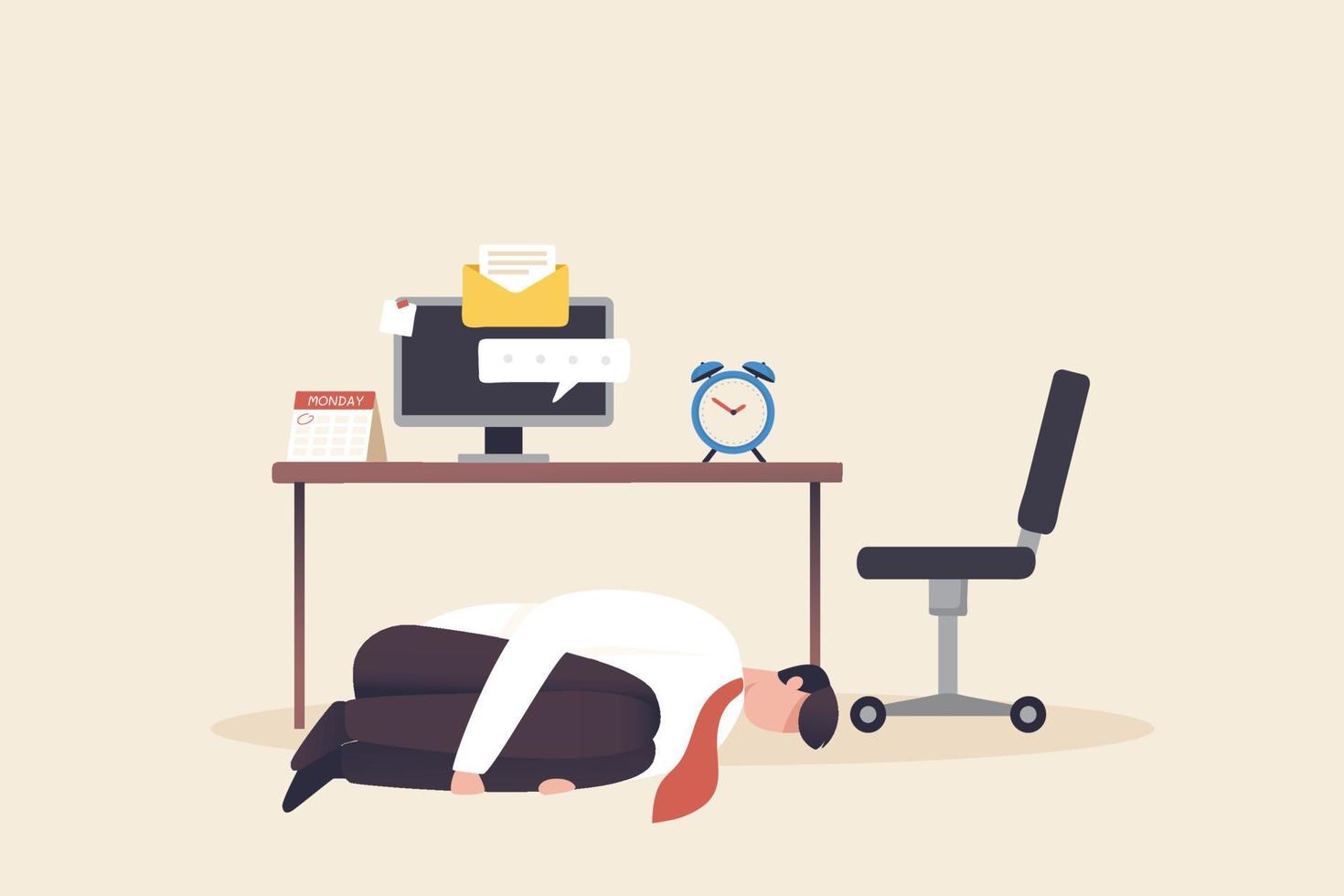In today’s fast-paced world, it’s easy to get caught up in the hustle and bustle of daily life, often leading to burnout—a state of physical, mental, and emotional exhaustion. Burnout can have serious consequences on your health, relationships, and overall well-being. Fortunately, there are strategies you can employ to prevent burnout and maintain a healthy balance in your life. Here are some effective strategies for avoiding burnout:
1. Prioritize Self-Care:
Make self-care a non-negotiable part of your daily routine. Schedule regular breaks throughout the day to recharge and rejuvenate. Engage in activities that nourish your mind, body, and soul, such as exercise, meditation, hobbies, or spending time in nature. Prioritizing self-care helps replenish your energy reserves and build resilience against stress.
2. Set Boundaries:
Learn to say no to excessive commitments and obligations that drain your time and energy. Establish clear boundaries around your time, workload, and personal space. Delegate tasks when possible and communicate your limits assertively with others. Setting boundaries protects your well-being and prevents burnout from overwhelming you.
3. Practice Mindfulness:
Cultivate mindfulness by bringing your awareness to the present moment without judgment. Practice mindfulness techniques such as deep breathing, meditation, or body scans to reduce stress and increase self-awareness. Mindfulness helps you stay grounded amidst chaos and fosters a sense of calm and balance in your life.
4. Maintain Healthy Habits:
Prioritize your physical health by eating a balanced diet, getting regular exercise, and getting enough sleep. Aim for at least 7-9 hours of quality sleep each night to recharge your body and mind. Exercise regularly to reduce stress, boost mood, and improve overall well-being. Nourishing your body with nutritious foods and staying physically active supports your resilience against burnout.
5. Cultivate Supportive Relationships:
Surround yourself with supportive friends, family members, and colleagues who uplift and encourage you. Lean on your support network during challenging times and share your thoughts and feelings openly with trusted individuals. Cultivating meaningful relationships provides emotional support and buffers against the negative effects of stress.
6. Practice Time Management:
Manage your time effectively by prioritizing tasks, setting realistic goals, and breaking projects into smaller, manageable steps. Use time-blocking techniques to allocate dedicated time for work, leisure, and self-care activities. Avoid multitasking, which can lead to increased stress and decreased productivity. Effective time management helps you maintain a sense of control over your schedule and prevents burnout from overwhelming you.
7. Take Regular Breaks:
Schedule regular breaks throughout the day to rest and recharge. Step away from your work environment and engage in activities that help you relax and unwind. Whether it’s taking a short walk, listening to music, or practicing relaxation techniques, breaks allow your mind and body to reset and refocus, increasing productivity and preventing burnout.
8. Seek Professional Help When Needed:
If you’re experiencing persistent feelings of burnout or overwhelm, don’t hesitate to seek professional help. A mental health professional, such as a therapist or counselor, can provide support, guidance, and coping strategies to help you navigate through difficult times. Therapy can offer valuable insights and tools for managing stress, building resilience, and reclaiming balance in your life.
In conclusion, preventing burnout requires proactive self-care, boundary-setting, and healthy coping strategies. By incorporating these strategies into your daily life, you can protect your well-being, maintain balance, and thrive amidst life’s challenges. Remember that avoiding burnout is an ongoing process that requires self-awareness, intentionality, and self-compassion.

